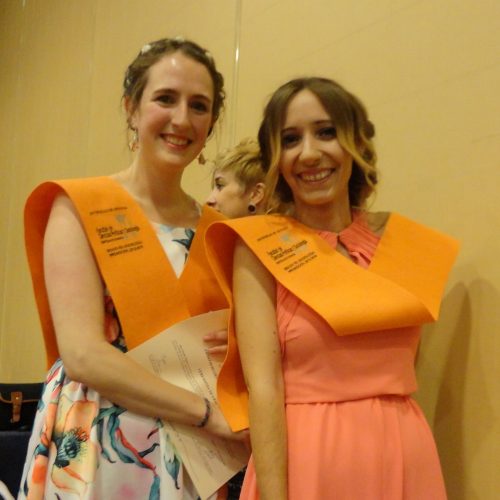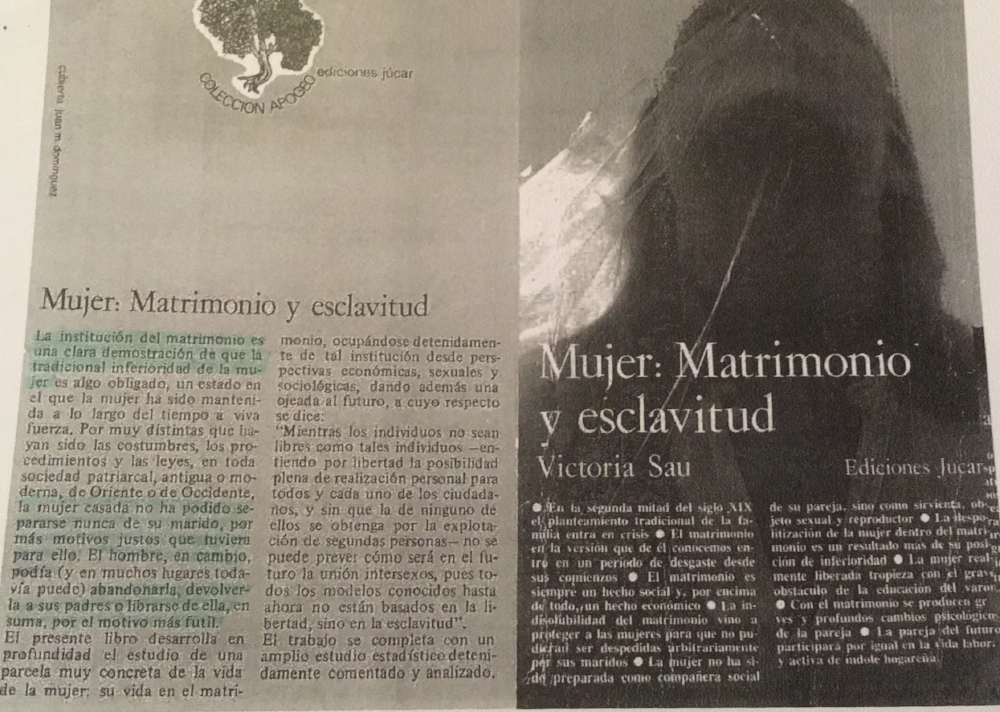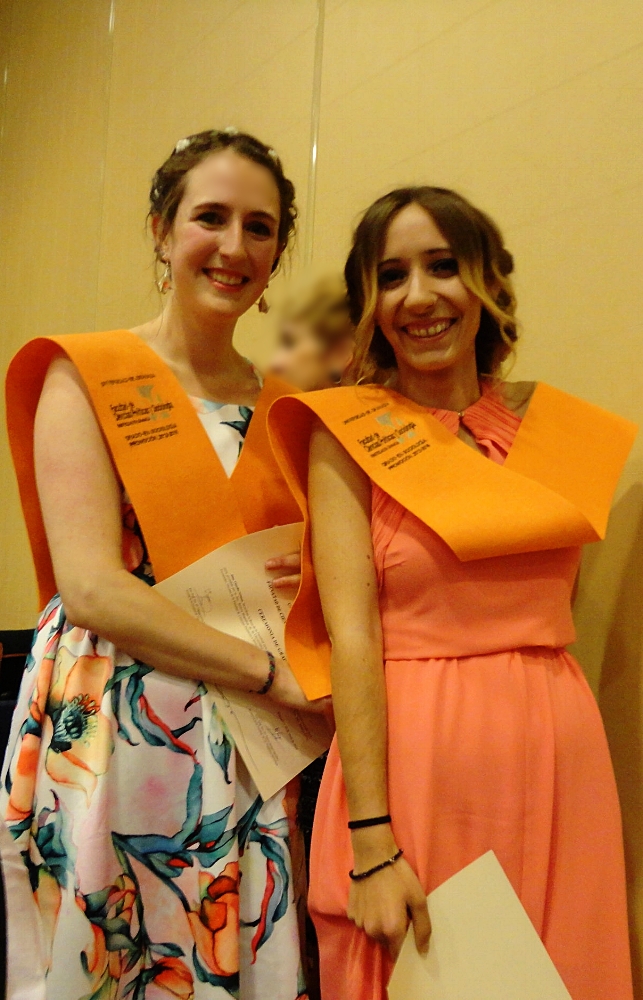
Taking All Your Classes in Spanish
Dear Adriana,
When you read Dani’s article about taking at least one class in Spanish, you may have nervously laughed because you will have to face that challenge many times over—you’re planning on taking all of your classes in Spanish. Now, this is probably overwhelming for you as you are thinking about heading this way (or are in the first few weeks of your time here), but don’t worry—I did it and I bet you can too.
Now, differently from Dani, I actually did my whole degree (and Master’s too) here in Spain, and all my classes were in Spanish.I have also met others who have decided to completely integrate into the Spanish education system for their undergraduate and Master’s degree and, for better or for worse, we have all had some interesting experiences. These are the biggest things that have caught my eye as a full-time student and my tips for taking care of yourself as you go through the process.
Note: I haven’t been to full-time, in-person university outside of Spain, so my opinions are based on other educational experiences and conversations with other people.
School in Spain is different
 1.) Education culture is different: Language might not be the biggest barrier for you when coming to study in Spain. In fact, the education culture might be harder to deal with. What does that mean? Most importantly it means that you might think you will be studying something in particular, but the interpretation of that subject area might be different here.
1.) Education culture is different: Language might not be the biggest barrier for you when coming to study in Spain. In fact, the education culture might be harder to deal with. What does that mean? Most importantly it means that you might think you will be studying something in particular, but the interpretation of that subject area might be different here.
This also means that the authors, methodology, etc. that you are used to back home might not be implemented here. I have had friends from all over the world tell me how, here in Spain, they either do too many projects, or give too much importance to the final exam, or organize the classes “weirdly.” Basically, you have to be willing and open to this new school system, even if it doesn’t fit your values. Try to make the best of it and hopefully you will even learn new ways of learning and enjoy your experience.
2.) Going to class: With the new university laws in Spain, it is usually obligatory to attend class—unless you sign an agreement at the beginning of the semester that you will just do the final exam. This actually worked out well for me because I was able to grasp material, improve my Spanish, and create relationships with my classmates and professors. However, I can totally understand how this can be frustrating for those people who do better studying at home or who don’t really want to have that one 9am class on Monday morning.
However you decide to face the decision of going to class or not, make sure you know the consequences before hand. While working with exchange students I found that more than once students ended up with problems because they didn’t understand the rules. This also means that you should make sure that you are 100% clear on what the classwork, quizzes, etc. are so that you can get the results you are looking for (even if this is just passing).
3.) Preparing for exams: In most subjects, exams still weigh heavily in determining the final grades (especially at the undergrad level). However, in my opinion, Spanish exams are much more about “memorizing and vomiting” than learning. I know that this sounds like I think that students elsewhere learn more, but what I really want to say is that the way of thinking about exams is slightly antiquated (at least in my opinion). Let me give you an example:
[Setting: a week and a half before the exam] I ask my professor for a tutoría or private meeting. When I arrive to her office, I explain that there are several concepts that I don’t really understand, even though I have looked up some of the authors she mentioned (and was even reading the 1835 Tocqueville book “Democracy in America”) to help understand some of her lectures. When I asked for additional resources to use as a base, she told me—and I kid you not—that the best resources were the notes from class and that I should ask my classmates for their notes if mine were not good enough.
I understand that there are teachers like this everywhere, but I feel like it happens more in Spain than in other places that the professors just want you to spit out what they said in class on the exam. At the same time, I have had classes where the professors appreciated my point of view and contrasting take on the story—however, it is important to understand which teachers will accept this.
 Now, it is important to know—Give yourself time
Now, it is important to know—Give yourself time
1.) The three month rule: I have talked about three months in a different context before,but here I would say that it definitely took me around three months to really get into the flow of classes, note-taking, studying, exams, etc. before I actually felt comfortable doing it on a daily basis. Now, I understand that three months is a long time if you are only here for a semester or two, but remember to be patient with yourself and that you are always advancing, even if it doesn’t feel like it.
Those first months are going to be hard, so don’t be afraid to ask your classmates for help. Although I (and some other students I have talked to) have on occasion found it hard to find someone who is willing to share their notes or study with me, there will usually be someone who is open to sharing. Just remember, if you are ‘taking,’ make sure that you can give something back. Once I started taking good enough notes, I always made sure to share with my groupmates. When I know I need someone to correct my Spanish on a project, I try to be extra involved in the project management or take on a little bit more work.
2.) It’s harder than anyone else thinks (unless they’ve tried it too): An important thing to keep in mind is that if you manage to pass, you are doing amazing! School is not necessarily easy to do in any language, but doing it in your not-native language is a huge achievement (in my eyes at least). Every person I know who has embarked on the journey you are about to take on has struggled—it is completely normal—, however, they have also felt totally fulfilled just because they managed to finish.
What is your experience? Do you have anything to add?
If you are just getting started, what is your biggest fear?
Sincerely,
Claudia
P.S. You can read more about my journey studying my degree in Spain here and here.




